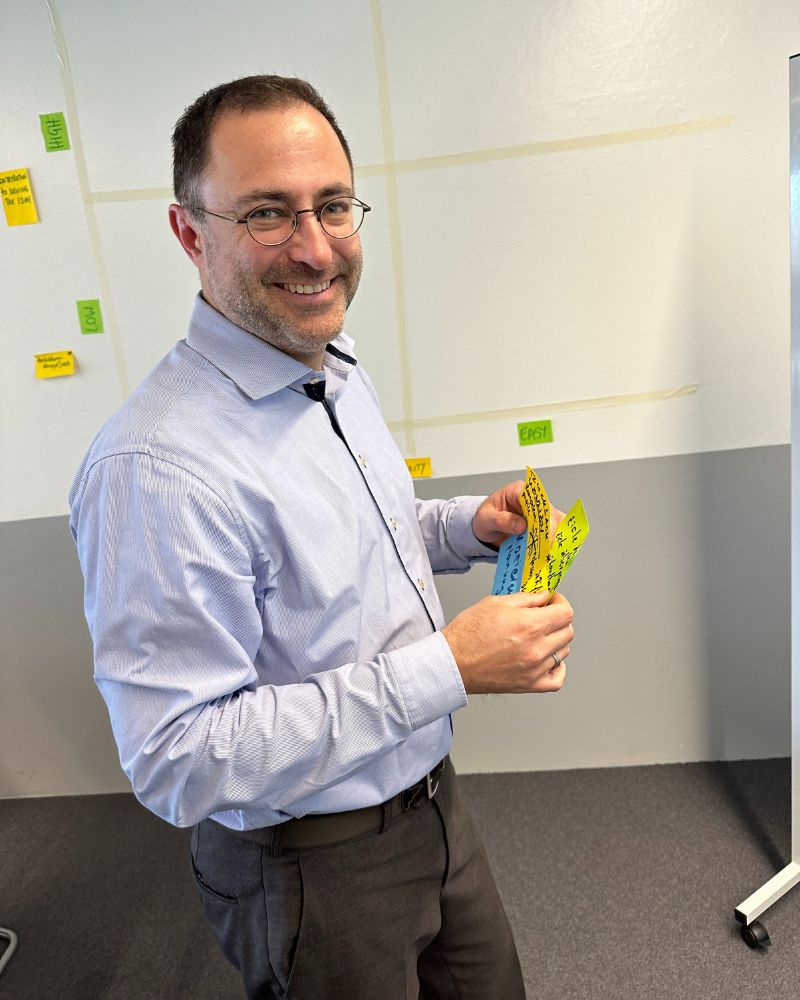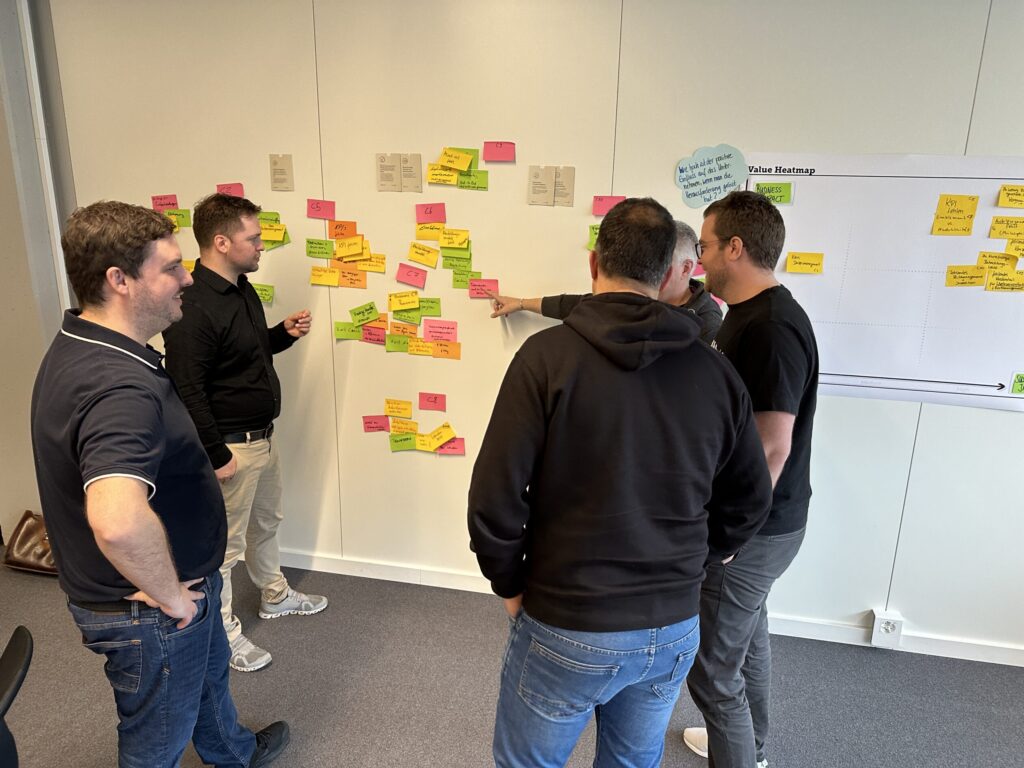Sustainability has many facets and it is not always easy not to get lost in the topic. Knowing what the relevant and essential issues are for you is an important step and cornerstone for anchoring sustainability in your corporate strategy.
With the increasing demands from politics, consumers and investors, the pressure to deal with
“Sustainability” and to create a uniform understanding of what sustainability means for their own company.
Interdisciplinary systems thinking is needed to take a comprehensive view of current challenges and understand their implications. Not only forward thinking and action are required, but also a
Understanding of system interrelationships and how to deal with incomplete information, for example. This is complemented by engaging and credible communication to employees and other relevant stakeholders along the value chain. Knowledge in various fields such as climate, circular economy, life cycle assessment,CO2 calculations, psychology, communication and organizational development – to name just a few topics -.
are suddenly in demand.
It is understandable that, in view of the tasks and challenges that even day-to-day business brings, motivation to face them eventually runs out and resignation sets in.
There no reason to give up now!
With the new report of the The Intergovernmental Panel on Climate Change (IPCC) and the reporting obligation in Switzerland (another blog post on this will follow shortly) on non-financial matters, new challenges and regulatory requirements in the area of sustainability reporting will come up for Swiss companies. Added to this is the EU’s “Corporate Sustainability Reporting Directive” (CSRD) regulations on non-financial information, which will be phased in from the beginning of 2024.
Time to deal with the issue. At the beginning it is certainly important to think about some points:
- do you want to meet the legal requirements?
- do you want to meet the expectations of stakeholders?
- or do you even want to take on a pioneering role?
One way to get into the topic is the Sustainability Workshop that was designed by SAP AppHaus. We also took the opportunity and used the format for us at AGILITA to get into the topic. Not only to put it through its paces and develop it further, but also for us as a company to lay the foundation.
The “Sustainability & Purpose” exploration workshop format uses elements of the Human-Centered Approach to Innovation and System Thinking.
The Human-Centered Approach to Innovation format is a problem-solving technique that puts people at the center of the development process. Together, ideas are developed that are tailored to the needs of your target group in order to finally bring the innovative new solution to market.
Whereas System Thinking is more about strategic and organizational development in the company.
Both formats together support a company optimally in finding solutions.


AGILITA Workshop at SAP AppHaus
Especially companies that are at the beginning of their sustainability journey, the workshop offers a first accompanied opportunity to deal with the new challenges. The workshop offers many advantages, such as prioritizing topics and developing initial ideas that can be tackled directly or, in a next step (in the medium term), lead to sustainable meaningful innovations that can be further developed.


